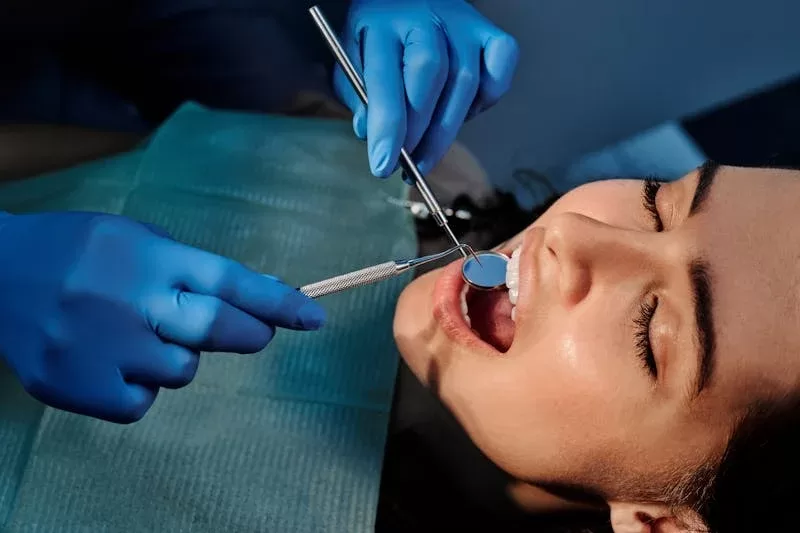For years, dentures have been the go-to option for replacing missing teeth. A good denture can restore your smile and may make it possible for you to bite and chew somewhat normally. However, denture wearers are often frustrated by the slipping and clicking of their oral appliances, the need to remove and clean them daily, and they may find that certain foods they simply cannot enjoy as easily as they used to.
Dental implants are the gold standard for tooth replacement. They address many of the shortcomings associated with dentures. Even if you have had dentures for many years, you may find it very beneficial to switch to dental implants.
Why Switch From Dentures to Dental Implants?
A dental implant is a small post, typically made of titanium, inserted into the jawbone, where it fuses into place with the surrounding bone and acts as an artificial tooth root. A replacement tooth, tailored to match the look and feel of your natural teeth, is then carefully placed on top of that root, restoring you to a healthy, confident, and fully functional smile.
Dental implants improve upon dentures in several ways:
- You do not need to worry about slipping or clicking. With dental implants, there is no worry about your device slipping out of place, causing awkwardness or discomfort during a conversation or a meal. With implants, you will feel a greater sense of security in your tooth replacement method.
- Maintenance is easier. While dentures generally need to be removed and carefully cleaned, implants can be cared for with regular brushing, flossing, and routine dentist trips. The teeth are fixed to the implants.
- Implants protect your oral health. When you lose a tooth, it generally causes your jawbone to atrophy, as there is no root present to stimulate bone growth. Dental implants address this problem, preserving the health of your jaw via an artificial tooth root. Dentures do not address it, and over time, you may notice unwelcome changes to your facial appearance simply due to jawbone degradation.
- Teeth supported on dental implants chew the same or even better than natural teeth. The chewing efficacy of even the best dentures is less than 25% of natural teeth, often leading to malnutrition and poor quality of life.
- Upper Dentures cover the whole palate, but teeth supported on dental implants mimic natural teeth and do not extend to the palate.
What About the Cost?
One of the main draws of dentures is that they tend to be more affordable on the front end. It is important to note, however, that dentures are a temporary solution, and will need to be replaced every so often. Implants are designed to be permanent, often making them the more cost-effective solution in the long run.
Preparing for Dental Implants
If you have had dentures for years and are ready to transition into implants, the first step is scheduling a consultation with an oral surgeon. During this consultation, you will learn more about your eligibility for a safe and successful implant placement.
Be aware that, after years of dentures, you have likely experienced jawbone atrophy. This can complicate dental restoration, as insufficient jawbone makes anchoring the implants in place difficult. A board-certified oral surgeon can often utilize advanced surgical techniques to manage such cases and place successful dental implants.
Learn More About Tooth Replacement in Basking Ridge, NJ
Dental implants represent the standard of care for missing teeth, offering many benefits that surpass what dentures can offer. To learn more about your options for tooth replacement, including dental implants, visit Ridge Oral Surgery & Dental Implants in Basking Ridge, NJ.





